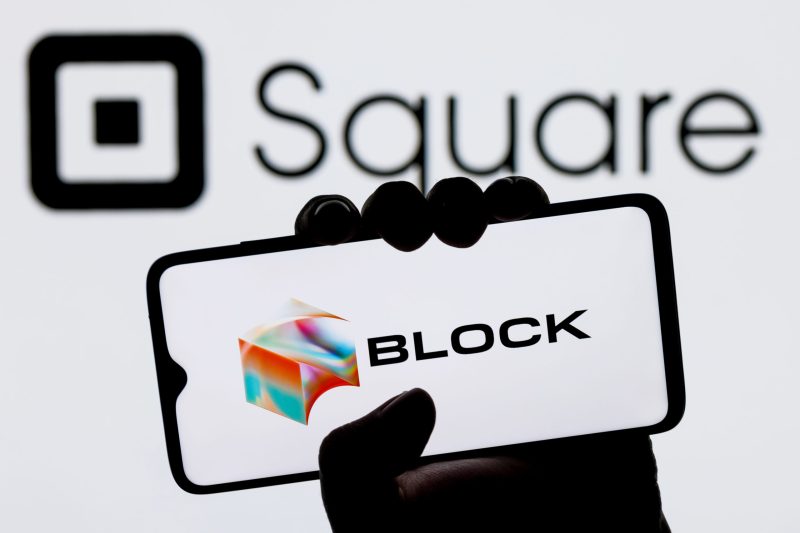A complete Bitcoin toolkit for merchants
Block, the company behind Square and Cash App, is gearing up to ship a full “bitcoin for business” stack that looks a lot like banking—just built on Bitcoin rails. In a keynote at Bitcoin 2025, Block’s Bitcoin lead Miles Suter said the stack covers the end-to-end workflow for SMBs: accepting payments, managing and reporting, accounting and taxes, fiat conversion, and even lending. The pitch is simple—make bitcoin usable, not just holdable, in day-to-day commerce.
Here’s what Block says the stack will include at launch and over time:
- Native bitcoin acceptance at the register via Square, powered by the Lightning Network for fast, low-cost settlement
- Tools to manage balances, generate reports, and handle tax needs
- Seamless conversion between BTC and fiat, with the option to hold or auto-convert
- Banking-style features layered on bitcoin rails, including access to credit down the line These pieces mirror a traditional merchant banking suite, but they sit on top of Bitcoin infrastructure.
Rollout timeline: pilots in 2025, broad reach in 2026
Square plans to start rolling out native bitcoin payments in the second half of 2025, with broader availability expected in 2026, pending regulatory approvals. The integration runs through existing Square POS hardware, so sellers won’t need new terminals. Square piloted Lightning payments live at the Bitcoin 2025 conference and has begun onboarding initial sellers.
This builds on “Bitcoin for Businesses” features Square introduced earlier, such as automatic daily bitcoin conversions in 2024—useful for merchants who want exposure to BTC without changing their workflow. As Suter framed it, the goal is to meet a coffee shop where it already operates: same tablet, new payment rail.
Why this move matters for SMBs right now
Block has been tightening the Cash App–Square loop and leaning into higher-margin banking features. After reporting Q2 2025 results, the company raised its full-year gross-profit outlook, with Square’s merchant segment growing double digits year over year even as bitcoin revenue fluctuated. That momentum helps explain why Block thinks a bitcoin-native merchant stack could become a real differentiator for small businesses.
If Block executes, SMBs could get bank-like services—payments, treasury, reporting, and eventually credit—that run on Bitcoin but feel familiar. In practice, that could mean faster settlement, more control over treasury (hold BTC or auto-convert), and potentially lower acceptance costs, all inside the same Square dashboards sellers already use.
